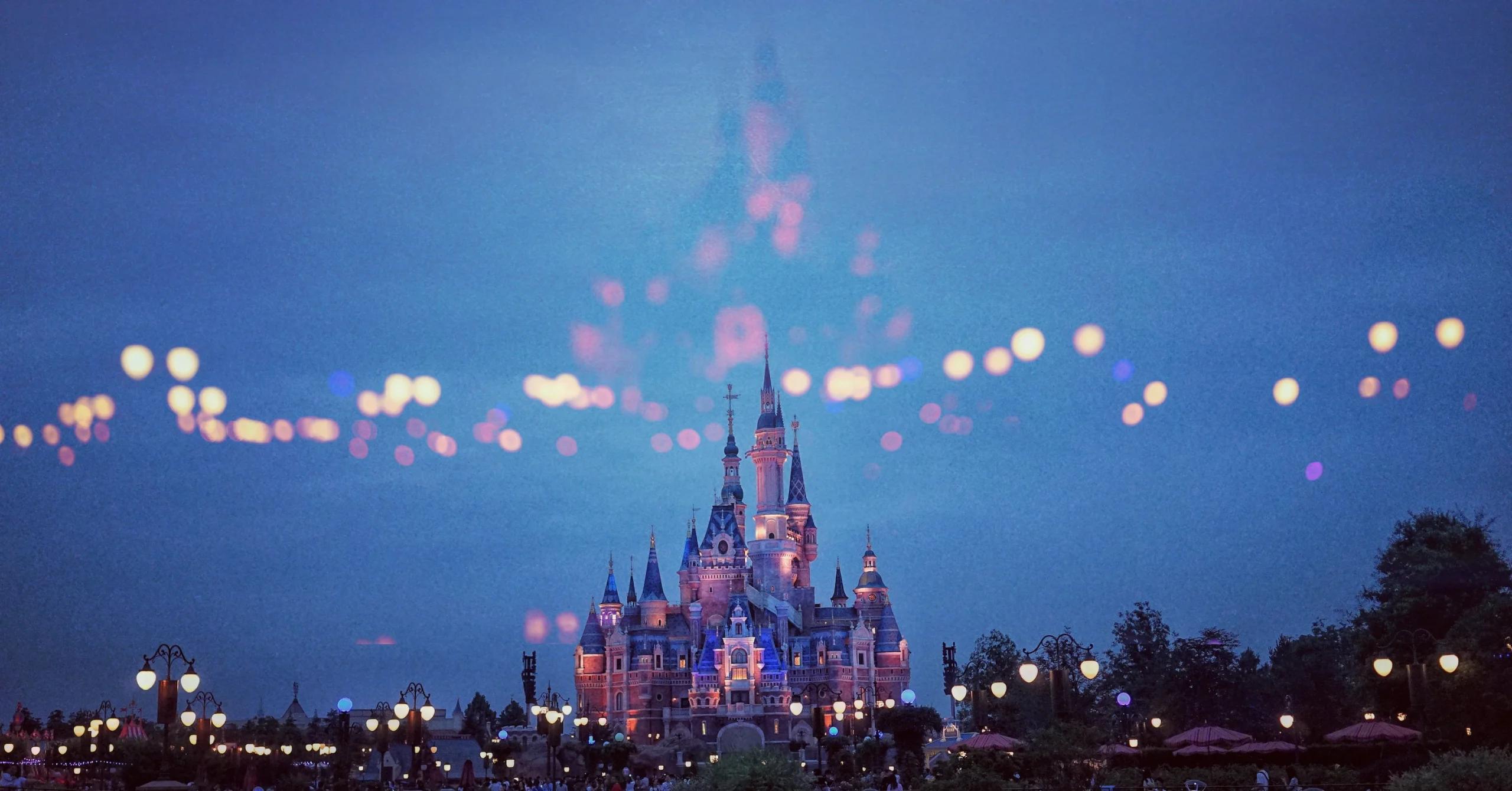After celebrating its acclaimed animated film Zootopia taking home an Academy Award in February, Disney must now deal with a lawsuit claiming that it stole the film.
Gary Goldman, a writer credited on films Total Recall and Minority Report, filed a copyright complaint, on behalf of Esplanade Productions, in the United States District Court in the Central District of California, alleging that Disney’s Zootopia is an unauthorized copy of his franchise. Goldman’s complaint opens with a scathing accusation that Disney has a documented history of taking its films from writers without permission, citing The Lion King, Toy Story, Monsters, Inc., Up and Frozen as examples. His claims in the complaint include direct, contributory and vicarious copyright infringement, breach of implied-in-fact contract, and unfair competition.
Per the facts in the complaint, Goldman states that he developed his version of Zootopia (“Goldman Zootopia”) in 2000 and continued to conceptualize and write it through 2009. “The Goldman Zootopia” was envisioned as a film and television franchise about “an animated cartoon world that metaphorically explores life in America through the fictional setting of a diverse, modern, and civilized society of anthropomorphic animals.” Goldman wrote a synopsis and treatment for the first segment of the “Goldman Zootopia” franchise called Looney. The treatment was registered with the Writers Guild of America, West. Esplanade also hired an animator to create visual images of the characters for “Goldman Zootopia.” Esplanade then registered a collection that included the character descriptions, character illustrations, synopsis and treatment with the United States Copyright Office.
In 2000, Goldman pitched “Goldman Zootopia” to Mandeville Films’ CEO David Hoberman. Goldman was under the belief that Hoberman was Disney’s former President of Motion Pictures and that Mandeville Films had a first-look production contract with Disney.
Goldman understood that the meeting was for Esplanade to offer “Goldman Zootopia” for sale, and that neither Mandeville Films nor Disney would use the materials without compensation. Goldman gave Hoberman copies of character illustrations for further review, and he believes that those materials were turned over to Disney. Eventually, Hoberman informed Goldman that Disney and Mandeville Films were not going to acquire the rights to “Goldman Zootopia.” In 2009, Goldman pitched the idea to Disney again through Brigham Taylor, who Goldman believes was Disney’s Executive Vice President of Production and Development at the time. Goldman again offered materials from “Goldman Zootopia” to Taylor, and he believes that these materials were turned over to Disney. Ultimately, Taylor and Disney decided not to move forward with “Goldman Zootopia.” Disney then released its movie Zootopia in early 2016.
Goldman argues that “Goldman Zootopia” and Zootopia are substantially similar in several ways:
- Themes: Both are about an animal society where different species must overcome prejudices and decide how to define oneself.
- Settings: Both are set in a modern day, diverse society where the animals behave like humans.
- Dialogue: Goldman alleges that the characters convey similar messages about choosing to be who you want to be.
- Characters: Goldman claims that the main ensemble characters in both are either the same animals or look a lot like them.
- Plot and Sequence of Events: “Both Zootopias play out similar conflicts among the characters, including conflicts about whether one can be what he or she wants to be, and whether individuals can change by overcoming prejudice not only in society but also within themselves.”
- Mood and Pace: Goldman claims that both Zootopias were written in a way that appeals to adults and children, with interspersing dark and light moments.
- Artwork: Goldman believes the artwork for both is similar in concept and colors.
- Title: While titles are not copyrightable, Goldman states that here the titles are important because they are identical, and are also significant to the themes, setting, and characters of both Zootopias.
- Selection, Arrangement, and Combination of Elements: “The Disney Zootopia copies both individual elements, and the selection, arrangement, and combination of elements, from ‘Goldman Zootopia.’”
- Merchandise: Goldman alleges that Disney’s merchandise for the film resembles his character illustrations and artwork.

Where creative minds come together
Goldman is seeking an injunction and monetary and punitive damages. Zootopia has grossed more than a billion dollars globally.
For more on this case, please stay tuned to our blog.



